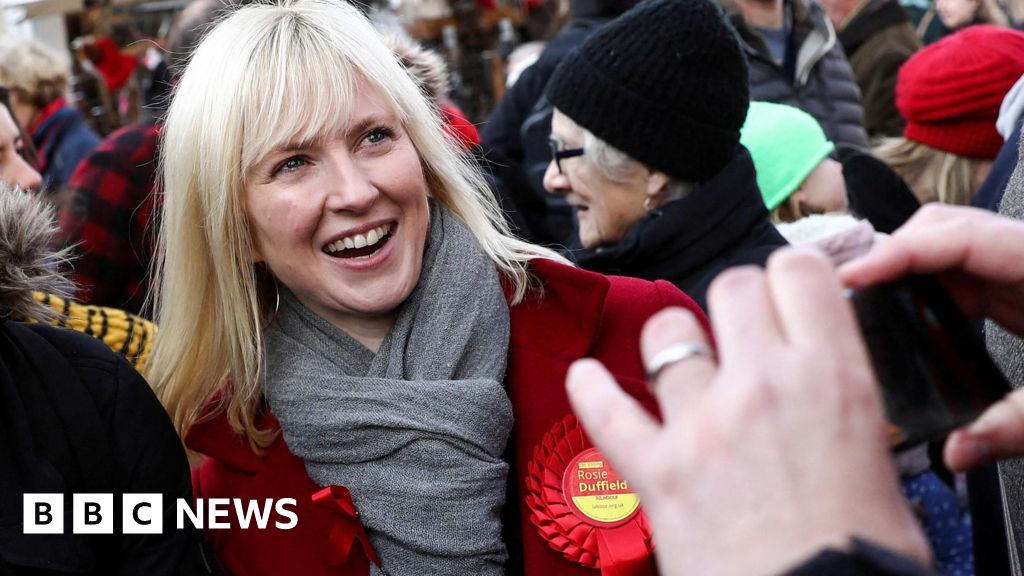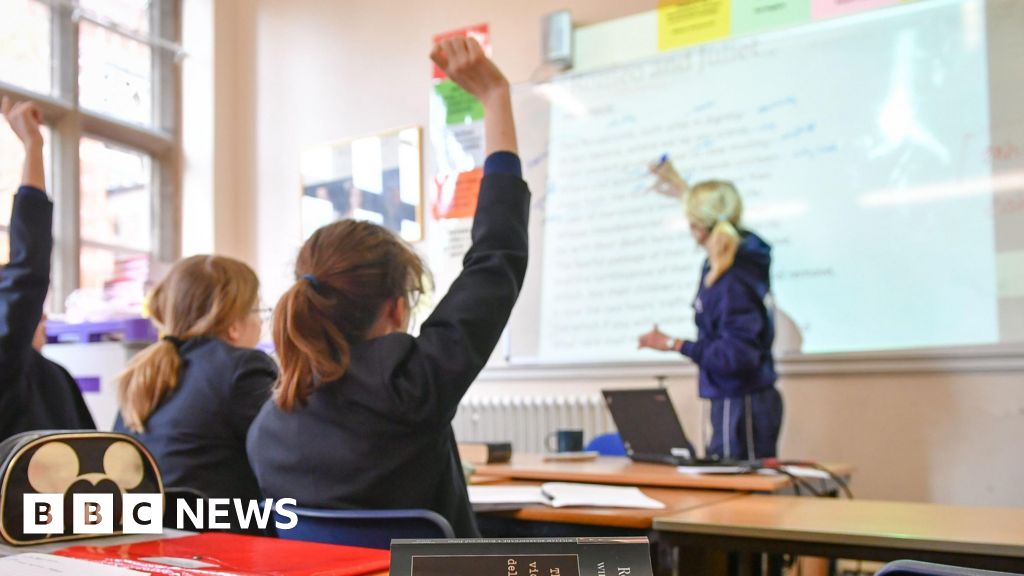ARTICLE AD BOX
Image source, Getty Images
Image caption,Carrie Johnson is reported to have attended lockdown parties
Labour leader Sir Keir Starmer has called for Carrie Johnson to be named if she is fined over Partygate.
He said he agreed with the "general argument" that families should not be dragged into politics,
But he said the public was entitled to know if the PM's wife had been fined for partying while the rest of the country was following the rules.
Downing Street has promised to reveal if Boris Johnson is fined for breaking lockdown laws.
Twenty fixed penalty notices (FPNs) were issued earlier this week as a result of the Metropolitan Police's inquiry into parties at Number Ten that broke Covid rules.
But the police will not disclose who has been fined or which events the fines relate to and Mr Johnson has said he will not comment until the investigation is complete.
The PM is known to have attended at least three of the events being investigated and Mrs Johnson is also reported to have been at some of them.
Sir Keir told BBC Breakfast he had no desire to "personally attack" the prime minister's wife.
But he said the lockdown rules introduced by those in Downing Street had been "really hard" for families all over the country. People had missed funerals, births, and visits to elderly relatives - and it had "really hurt," he added.
The Labour leader said the idea that those in Number 10 who had made the rules could keep it secret if they had broken them - to protect their privacy - was "utterly unacceptable".
Policing Minister Kit Malthouse said the situation for declaring FPNs was different for elected officials than for others being investigated as part of the Partygate allegations.
"From a personal point of view as a politician, I think I'm in a different situation - if I got a Fixed Penalty Notice, I would tell you," he added.
FPNs are a sanction for breaking the law and mean a fine, which needs to be paid within 28 days or contested.
If someone chooses to contest the notice, the police will review the case and decide whether to withdraw the fine or take the matter to court.
Accepting an FPN does not lead to a criminal record. It is the equivalent of a minor speeding offence, to divert people from the courts.

 3 years ago
71
3 years ago
71








 English (US) ·
English (US) ·